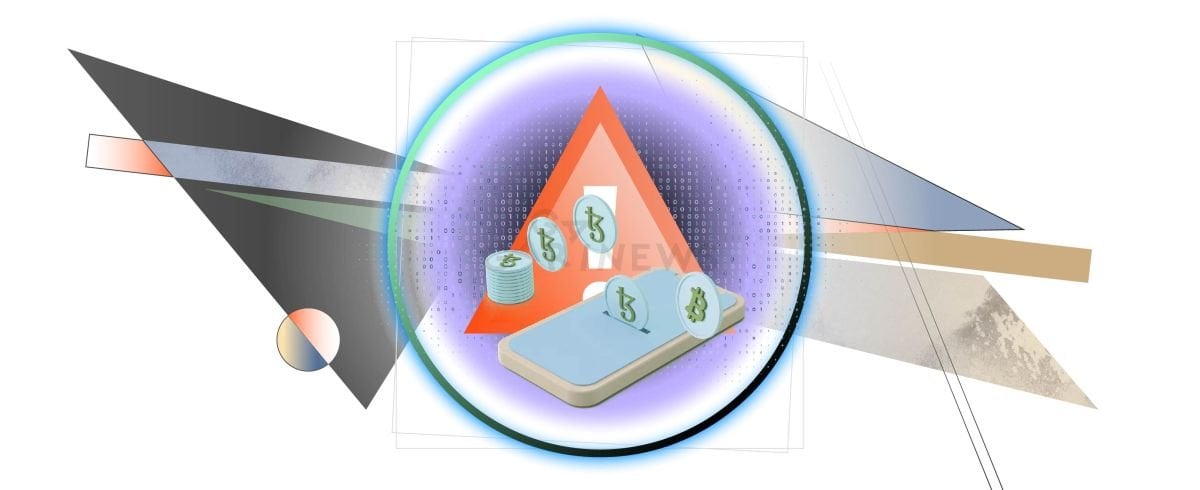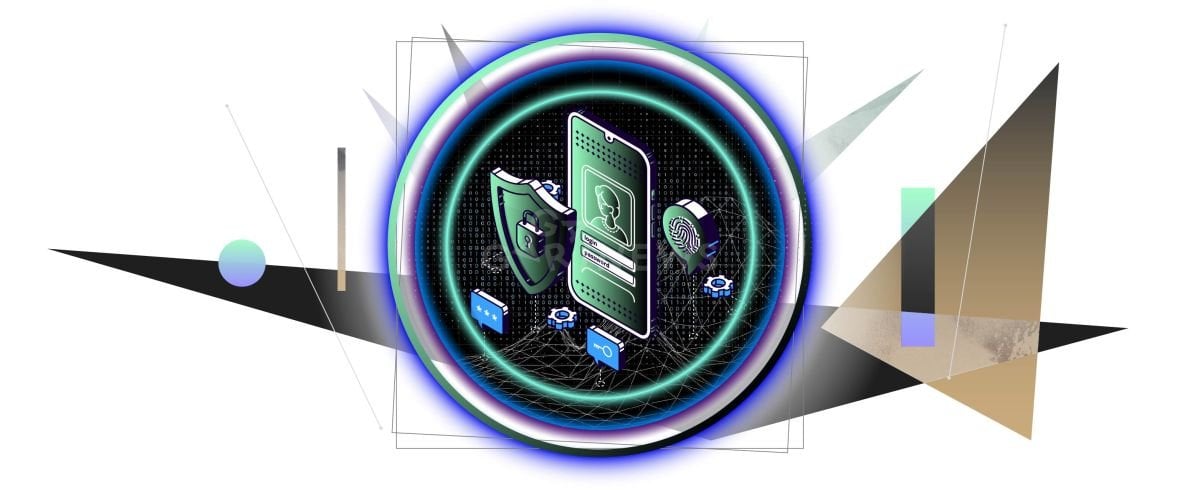#kyc
13 articles found
Latest
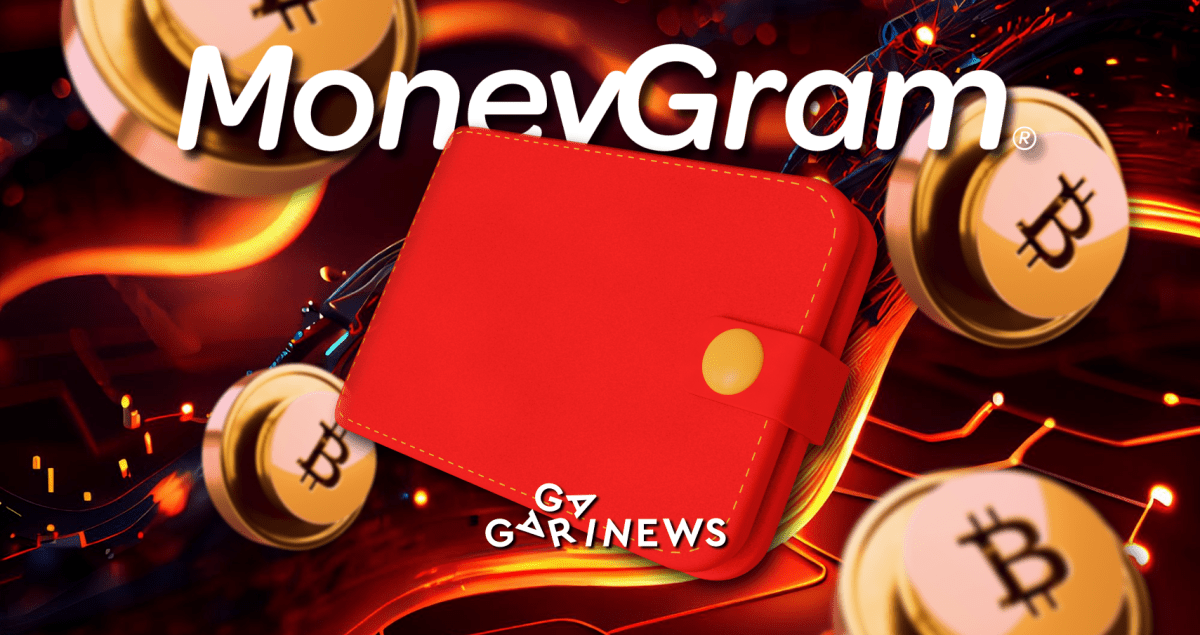 Bridging the gap between fiat and the stablecoin USDC, MoneyGram has unveiled its non-custodial crypto wallet.
The payment solution ensures compliance with all KYC norms and maintains adherence to sanction regulations.
“We’re turning MoneyGram into a global ATM concept using blockchain,” shared CEO Alex Holmes.
Bridging the gap between fiat and the stablecoin USDC, MoneyGram has unveiled its non-custodial crypto wallet.
The payment solution ensures compliance with all KYC norms and maintains adherence to sanction regulations.
“We’re turning MoneyGram into a global ATM concept using blockchain,” shared CEO Alex Holmes.  Blockchain technology has been used to pilot Brazil's digital real. Execution took place on the Stellar infrastructure of the local Mercado Bitcoin exchange.
The experiment included a KYC procedure, a fraud protection check using decentralized identity identification, and direct fund transfers.
All worked well, no violations of the country's laws were detected (thankfully, the tests had not yet been banned), though Mercado's head teased that the Central Bank's real motive was to see how things would unfold if it lost its direct control over money.
Blockchain technology has been used to pilot Brazil's digital real. Execution took place on the Stellar infrastructure of the local Mercado Bitcoin exchange.
The experiment included a KYC procedure, a fraud protection check using decentralized identity identification, and direct fund transfers.
All worked well, no violations of the country's laws were detected (thankfully, the tests had not yet been banned), though Mercado's head teased that the Central Bank's real motive was to see how things would unfold if it lost its direct control over money. Citizenship through the crypto exchange: myth or reality?
 Cooperation between cryptocurrency exchanges and some countries has progressed to the point where passing KYC on top trading platforms with a high reputation serves as a guarantee of obtaining digital citizenship. And this is not a joke, but reality.
Cooperation between cryptocurrency exchanges and some countries has progressed to the point where passing KYC on top trading platforms with a high reputation serves as a guarantee of obtaining digital citizenship. And this is not a joke, but reality. 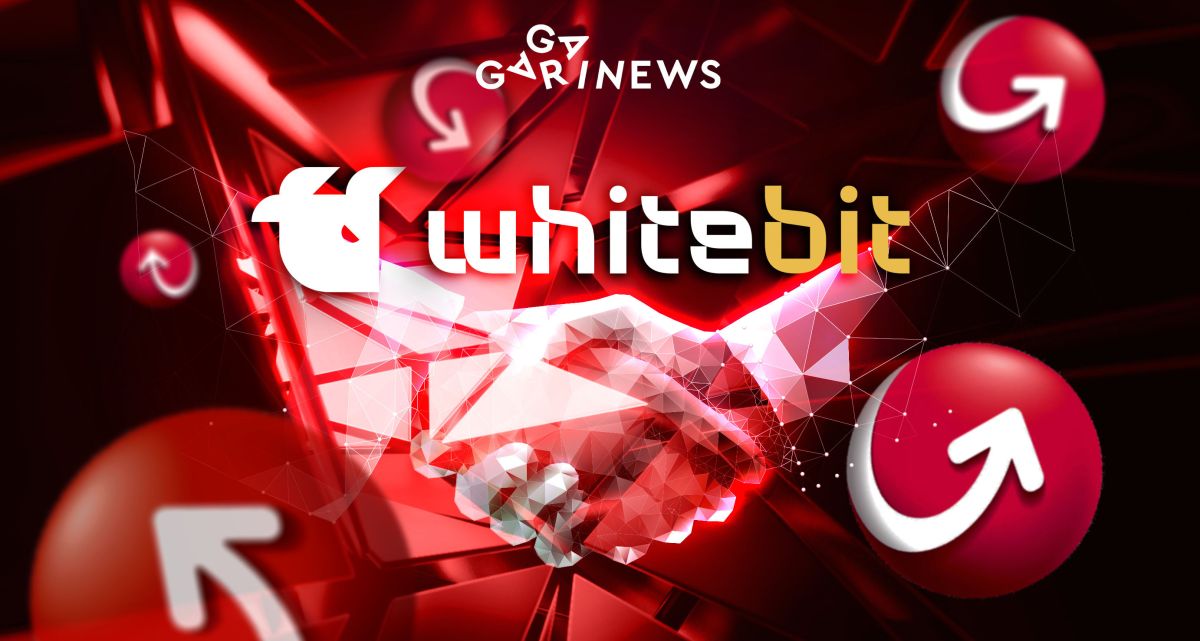 The service is built on the Stellar blockchain and activated by the MoneyGram retail agent network, allowing the exchange's clients to convert digital currency into cash.
You can exchange USDC for hryvnias, dollars, and euros at respective MoneyGram branches throughout Ukraine.
Currently, the service is available only to users residing in Ukraine who have completed KYC verification with Ukrainian documents. There are no fees for this service until June 2024!
For the user, the entire process consists of several steps, which are thoroughly described in the comprehensive exchange instructions on the WhiteBIT website.
The service is built on the Stellar blockchain and activated by the MoneyGram retail agent network, allowing the exchange's clients to convert digital currency into cash.
You can exchange USDC for hryvnias, dollars, and euros at respective MoneyGram branches throughout Ukraine.
Currently, the service is available only to users residing in Ukraine who have completed KYC verification with Ukrainian documents. There are no fees for this service until June 2024!
For the user, the entire process consists of several steps, which are thoroughly described in the comprehensive exchange instructions on the WhiteBIT website. 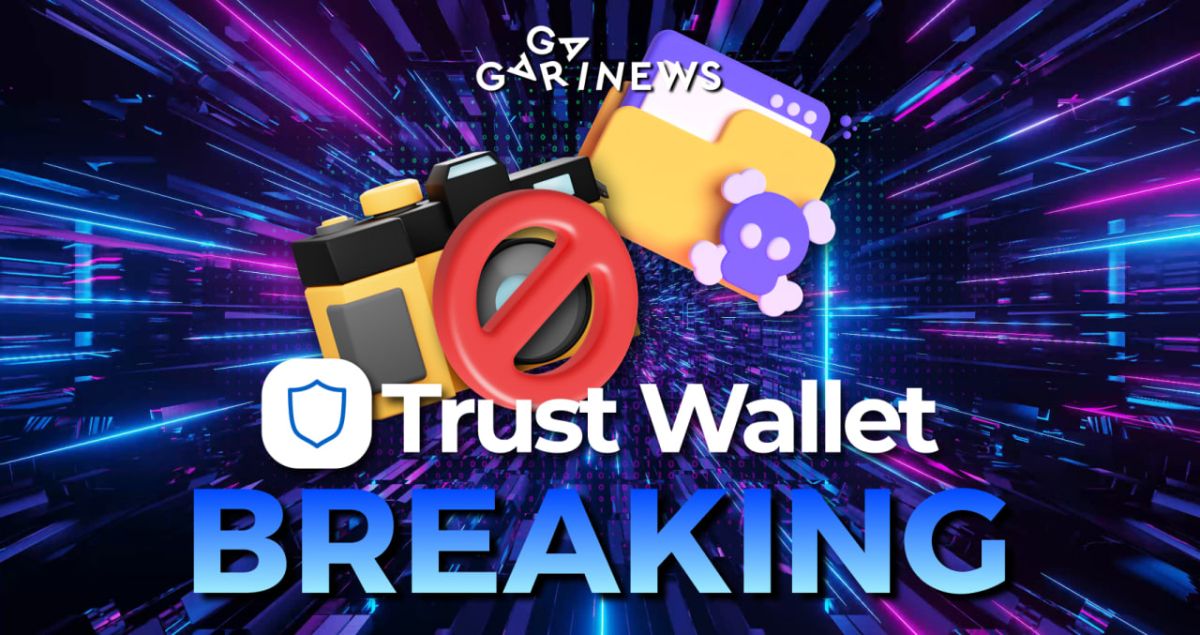 Previously, we reported about a shocking hack where a scammer stole a $4 million NFT collection by just taking a photo.
That case left us with many questions about the technical vector of the attack. The Trust Wallet conducted an investigation and revealed the scheme.
The day before the affair, the perpetrator shared the NDA file with the victim and requested KYC information. The fake NDA contained malware that targeted the smartphone.
The criminal then persuaded the victim to transfer funds from the multi-sig wallet to a single Trust Wallet to confirm NFT ownership and copied the information he needed.
The balance photo was just smoke and mirrors. But damn, this scheme deserves an episode in the new James Bond series.
Previously, we reported about a shocking hack where a scammer stole a $4 million NFT collection by just taking a photo.
That case left us with many questions about the technical vector of the attack. The Trust Wallet conducted an investigation and revealed the scheme.
The day before the affair, the perpetrator shared the NDA file with the victim and requested KYC information. The fake NDA contained malware that targeted the smartphone.
The criminal then persuaded the victim to transfer funds from the multi-sig wallet to a single Trust Wallet to confirm NFT ownership and copied the information he needed.
The balance photo was just smoke and mirrors. But damn, this scheme deserves an episode in the new James Bond series. 1 - 13 of 13 results


